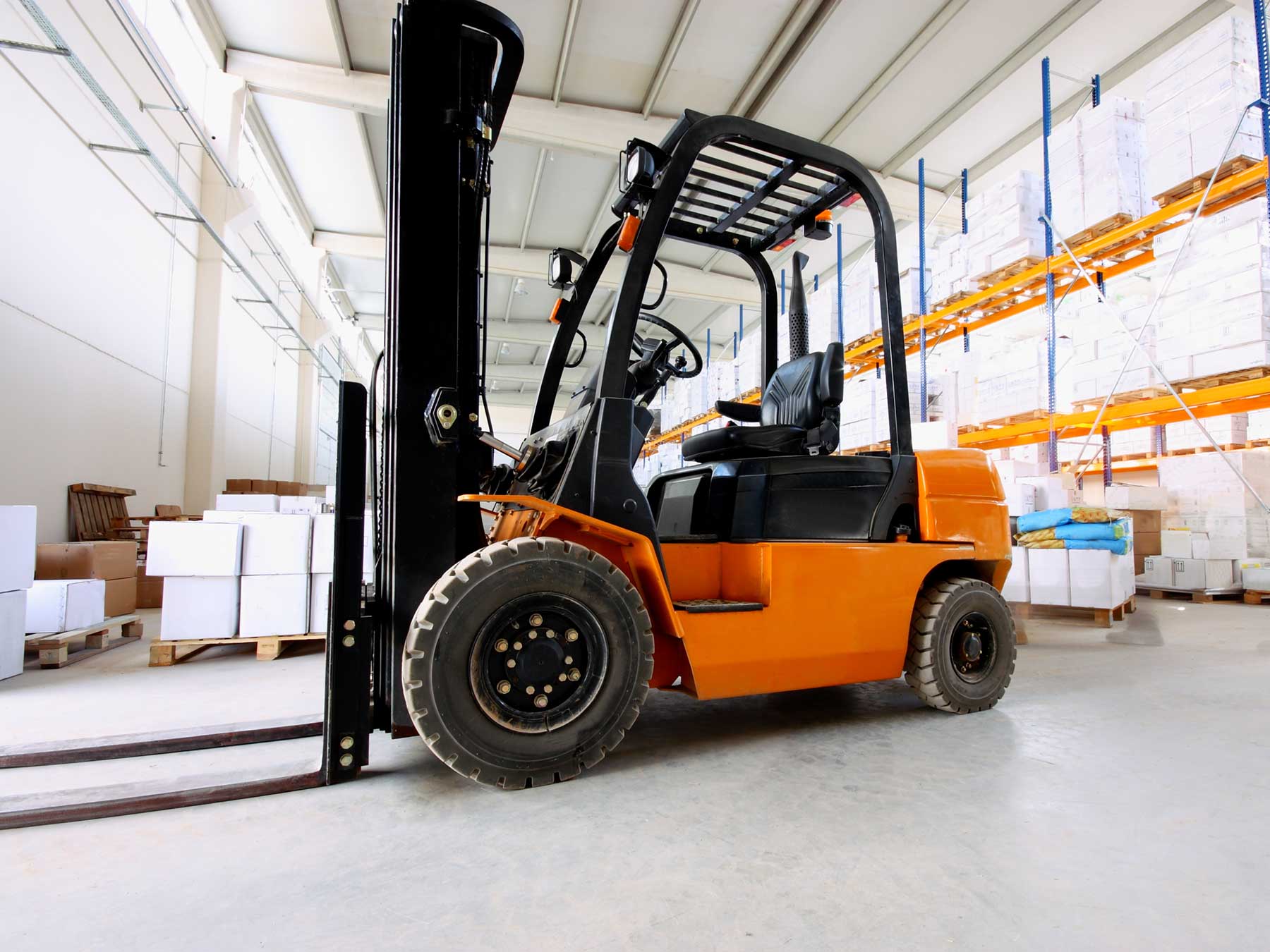How to Save Money with Forklift Rentals: Tips for Small Businesses
Introduction
Forklifts are indispensable tools for many small businesses, especially those involved in warehousing, logistics, and manufacturing. However, purchasing a forklift can be a significant expense, particularly for small and growing businesses. Fortunately, forklift rentals offer a cost-effective alternative that can help small businesses save money while still benefiting from the versatility and efficiency of forklifts. In this article, we will explore several tips on how small businesses can maximize their savings through forklift rentals.
- Assess Your Forklift Needs
Before diving into the world of
forklift rentals, it’s crucial to assess your specific needs. Consider the types of materials you’ll be handling, the weight capacities required, the terrain in your workspace, and the frequency of usage. By understanding your forklift requirements, you can avoid overpaying for features you don’t need.
- Choose the Right Forklift Type
There are various types of forklifts, each designed for specific tasks and environments. Common types include counterbalance forklifts, reach forklifts, and rough terrain forklifts. Select the type that aligns with your business needs to ensure maximum efficiency and cost savings. Renting the wrong type of forklift can lead to unnecessary expenses.
- Compare Rental Rates
When searching for a forklift rental provider, it’s essential to compare rental rates from multiple sources. Rates can vary significantly depending on the provider, the type of forklift, and the rental duration. Research different companies, request quotes, and negotiate for the best deal to save money.
- Consider Long-Term Rentals
For small businesses with consistent forklift needs, long-term rentals can be a cost-effective option. Many rental companies offer discounts for extended rental periods, which can lead to significant savings compared to short-term rentals. Evaluate your long-term requirements and discuss rental terms with providers to secure a favorable agreement.
- Evaluate Maintenance and Repairs
One of the hidden costs of forklift ownership is maintenance and repairs. Rental companies typically handle maintenance and repairs, ensuring that the forklift remains in optimal condition throughout the rental period. This eliminates unexpected maintenance expenses that can cripple a small business’s budget.
- Flexible Rental Options
Look for rental providers that offer flexible rental options. Some companies allow you to increase or decrease the number of forklifts you rent based on your evolving business needs. This flexibility can help you save money by not overcommitting to forklifts you don’t currently require.
- Operator Training
Proper forklift operation is critical for safety and efficiency. Many forklift rental companies provide operator training as part of their rental packages. Ensure that your operators are trained to handle the equipment correctly to prevent accidents and costly damages. This training can also help you avoid fines for non-compliance with safety regulations.
- Insurance Considerations
While rental companies typically carry insurance on their equipment, it’s essential to understand the coverage provided. Evaluate whether additional insurance is necessary to protect your business from potential liabilities. Weigh the cost of additional insurance against the potential savings and peace of mind it offers.
- Regularly Inspect the Forklift
Perform routine inspections of the rented forklift to identify any issues early. Promptly report any concerns to the rental company to prevent small problems from escalating into costly repairs. Diligent maintenance can extend the life of the forklift and reduce rental expenses.
- Return Equipment on Time
Forklift rental companies often charge late fees for equipment returned after the agreed-upon rental period. To avoid unnecessary costs, ensure that you return the forklift on time. Plan your work schedule accordingly to minimize the risk of late returns.
Conclusion
Forklift rentals can be a smart financial move for small businesses looking to save money while benefiting from the functionality of these versatile machines. By assessing your needs, choosing the right forklift type, comparing rates, considering long-term rentals, and focusing on maintenance and operator training, you can maximize your savings with forklift rentals. Remember that effective cost management is key to the success and growth of any small business, and forklift rentals provide an opportunity to do just that.







